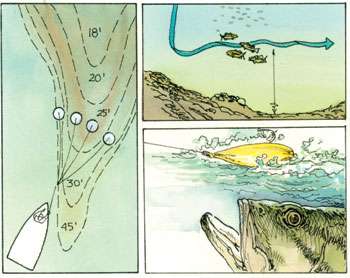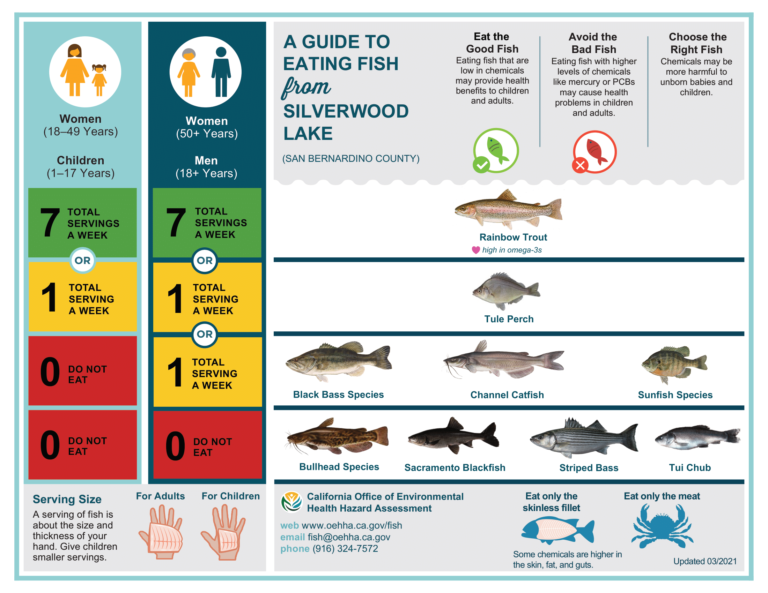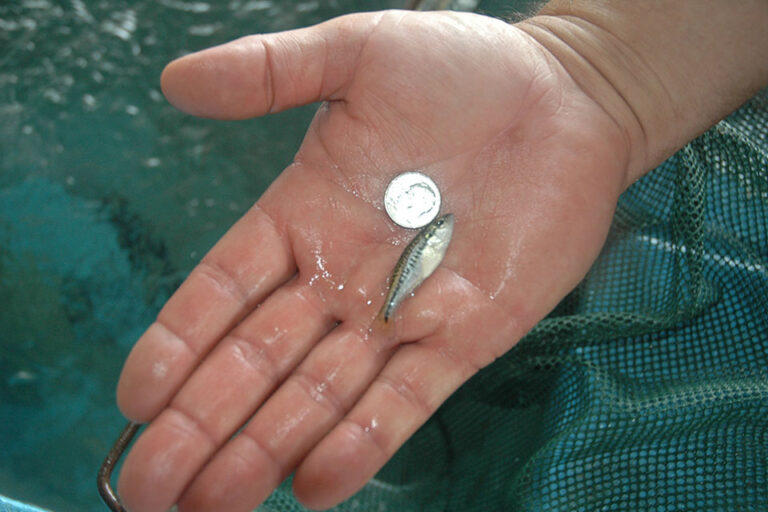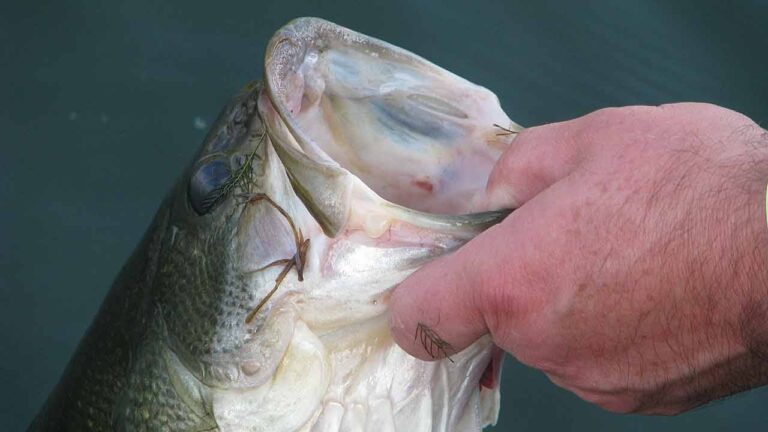How Long Can Bass Live Out of Water
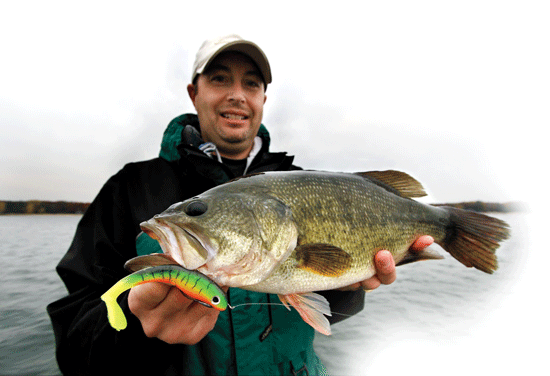
Bass can survive out of water for up to 15 minutes. Survival time varies depending on conditions like temperature and humidity.
Understanding the survival time of bass outside their aquatic environment is vital for both anglers and fish enthusiasts. Bass, a commonly sought-after game fish, have a limited out-of-water lifespan that can be critical during catch-and-release fishing. Handle bass with caution and efficiency to minimize stress and ensure their survival upon release.
It’s paramount to keep the fish wet and reduce exposure to air. Educating about proper catch-and-release techniques can also help maintain bass populations and uphold a balanced ecosystem. Remember, safe fishing practices contribute to the health and sustainability of our aquatic life.

Credit: afishingstory.com
Life Below Water: The Bass Survival Mechanism
Bass are fish with a strong need for water to breathe. Their gills work like our lungs. They need water to move over their gills. This lets them take in oxygen.
Out of water, bass can’t breathe well. Their gills dry out. They need to stay wet to work. Time out of water is stressful for them.
These fish have special body parts. They help bass live only in water. Bass won’t last long on land. They are not like us or land animals.
Bass Out Of Water: The Ticking Clock
The survival time of a bass outside water is crucial. Many factors play a role in this. The temperature of the environment affects the fish directly. Warmer conditions may shorten life span while cooler air might extend it. Another key point is the fish’s stress levels. Stress increases due to handling, which leads to quicker demise. Humidity levels are also important. More humidity can increase the survival window.
Bass go through swift physiological changes once out of water. Their gills dry out, which stops them from getting air. They start to feel oxygen deficiency, making heartbeats irregular. Without water, their protective slime coat dries up. This leaves their skin exposed to bacteria and infections.
Situational Dependencies: Variations In Survival
The survival of bass outside water depends much on the environment. High temperatures and low humidity reduce a bass’s survival time. Keeping bass wet and cool is key for longer life on land. Cover them with a wet cloth for this.
Stress and handling also play big roles. Gentle handling is crucial. Rough handling increases stress, harming the fish. Always handle bass carefully. This ensures their best chance of survival when returned to water.
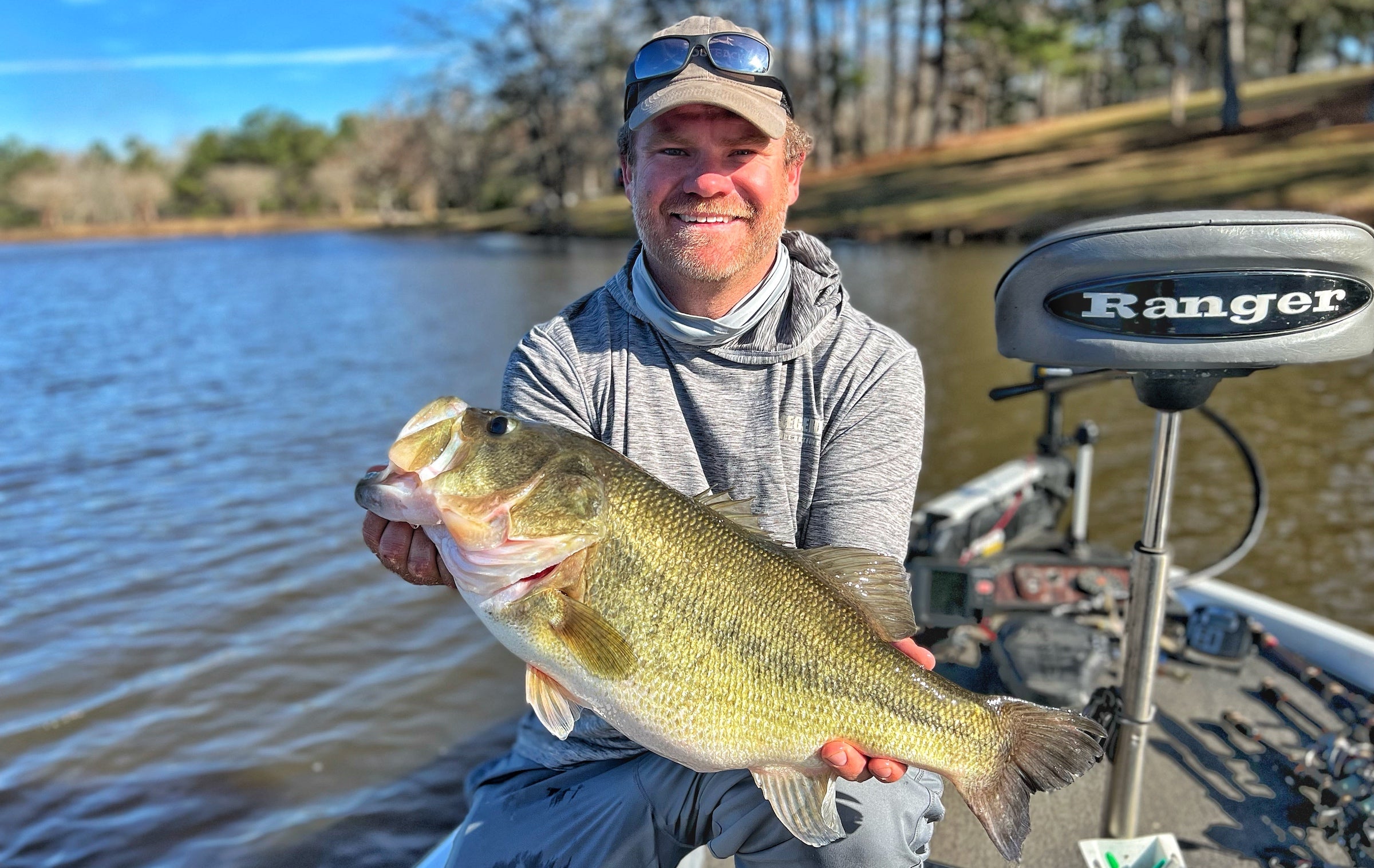
Credit: www.fieldandstream.com
Studies And Observations: Gathering Data On Bass Viability
Bass, like many fish, cannot survive long outside water. Studies show their survival time is variable. Scientific observations indicate that environmental conditions play a major role. Typically, bass may live for a few minutes up to several hours, depending on factors like humidity, temperature, and fish health. Field surveys complement these findings with data from angler journals and fishing clubs.
Anglers often note bass’ resilience. The data collected suggests a bass’ chance of survival decreases rapidly as time passes. It’s vital for catch-and-release anglers to return bass to water as quickly as possible. Fast action can help ensure the fish’s well-being.
Best Practices: Maximizing The Survival Of Released Bass
To ensure bass survival after catch, practice quick, gentle handling. Wet your hands before touching the fish. This protects its slime coating, which keeps it healthy. Use barbless hooks or crimp barbs for easier removal. If a bass swallows the hook, cut the line as close to the hook as possible.
Avoid keeping the bass out of water for more than a few moments. Returning it quickly reduces stress and increases survival chances. A proper release includes supporting the bass horizontally in water. Allow it to swim away on its own, ensuring it has recovered enough to survive.
Post-catch recovery improves with minimal handling and reduced air exposure. Use a rubberized net to prevent scale damage. Keep the bass submerged in oxygen-rich water before release. These steps are vital for the bass’s well-being and for sustainable fishing practices.
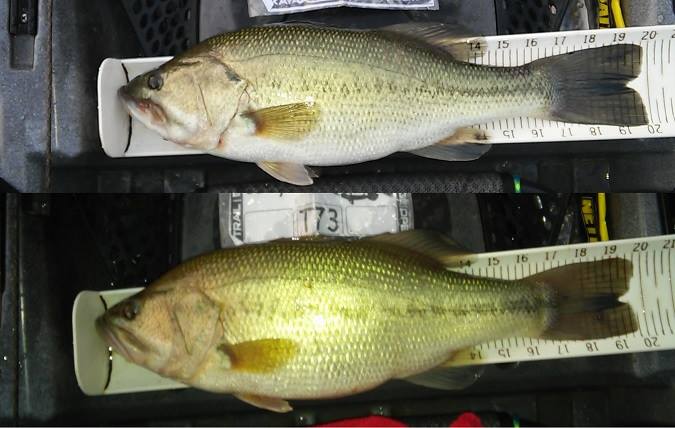
Credit: www.bassresource.com
Conservation And Ethical Angling: A Balancing Act
The health of fish populations needs careful management. Anglers play a key role. Sustainable fishing ensures water systems and species thrive. Educating fishermen about fish survival out of water is vital. Bass, like many fish, suffer without water. They need immersion to breathe properly and stay alive.
Responsible catch-and-release practices maintain fish numbers. These practices prevent overfishing. Fishers should learn the proper technique to handle bass. This means minimizing time the fish spends on land. It helps them to live longer. Anglers must understand their role in maintaining healthy ecosystems.
Frequently Asked Questions Of How Long Can Bass Live Out Of Water
Do Bass Survive After Being Caught?
Bass can survive catch-and-release practices if handled carefully. Proper techniques, such as wetting hands before touching and minimizing time out of water, support their survival.
How Long Can A Bass Go Without Breathing?
Bass, as water-breathing fish, do not require air breaks and can survive indefinitely underwater provided there is sufficient oxygen.
Do Bass Remember Being Caught?
Bass may remember being caught, showing caution in future encounters. Studies indicate a short-term memory of up to few months.
How Old Is A 4 Lb Bass?
A 4 lb bass typically ranges from 4 to 6 years old, depending on factors such as environment and food supply.
Conclusion
Bass possess a remarkable resilience, but their survival out of water is fleeting. Understanding this limit is key for ethical angling. Remember, prompt release safeguards bass populations. By respecting their delicate balance with nature, we ensure thriving ecosystems and future fishing enjoyment.
Keep conservation in mind, and cherish every catch.

